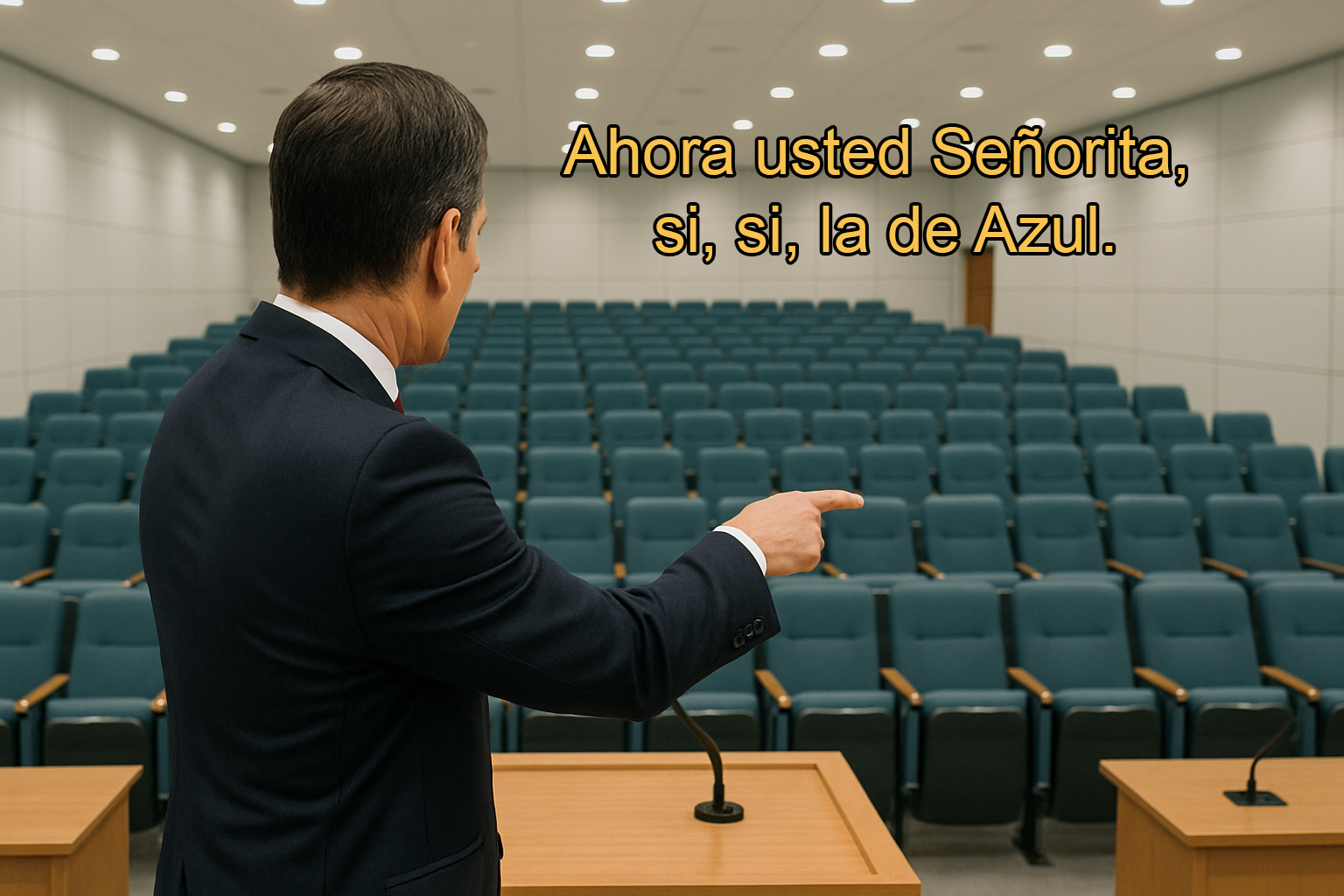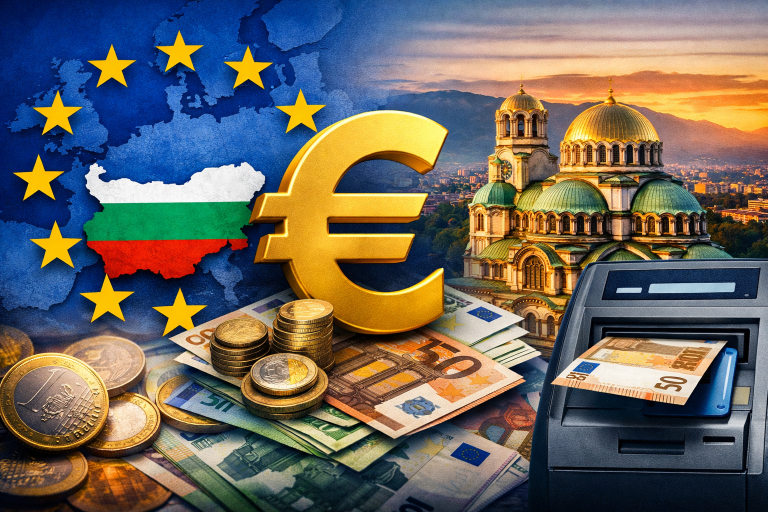
Sanchez sin reporteros
The cost to the economy of a press conference without journalists in times of political crisis
On June 14, 2025, the Prime Minister of Spain, Pedro Sánchez, appeared at a press conference without questions from La Moncloa Palace. The context could not have been more delicate: an internal crisis within the PSOE (Spanish Socialist Workers’ Party) over the “Koldo” case, accusations of corruption against key figures in the party, and growing pressure from the opposition to call early elections. Although from a communications strategy perspective, this can be understood as an attempt to control the narrative, from an economic and democratic perspective, this type of action sends worrying signals to both the market and the public.
- Uncertainty as an economic brake
The economy, especially in developed countries, responds quickly to signs of stability or political disarray. When a president avoids accountability and appears without allowing questions, it sends a message of opacity and institutional weakness. This can translate into:
A decline in the confidence of foreign investors, who fear that a government with internal problems lacks the capacity to implement structural reforms or maintain the regulatory framework.
Volatility in the financial markets, as JP Morgan warned about the increase in political uncertainty in Spain.
A freeze on business decisions, particularly in regulated sectors or those dependent on public procurement, due to fears that corruption could lead to imminent changes at the top of the power structure.
- Loss of transparency: impact on institutional reputation
A press conference without journalists is, in essence, an institutional monologue. It does not allow for contrast, criticism, or clarification. From an economic perspective, this undermines the principle of legal certainty and institutional transparency, two key pillars for attracting capital, especially in sectors such as:
Technology and startups, where governance and trust in the rules of the game are fundamental.
Energy and infrastructure, where public tenders must be seen as clean and transparent processes.
Tourism and real estate investment, where the country’s image carries as much weight as macroeconomic figures.
A lack of transparency also undermines the credibility of official economic data if citizens and economic agents perceive that institutional communication is designed to avoid democratic oversight.
- Drain of talent and human capital
In a context of political uncertainty and perceptions of structural corruption, the risk of a drain on qualified talent increases, especially among young professionals who value stable, meritocratic, and predictable environments. If politics is perceived as a closed caste that avoids scrutiny, the link between active citizens and the state apparatus is damaged.
The indirect effects can include:
Less attractiveness of researchers and scientists.
Migration of professionals from the financial, legal, and technological fields to other European countries.
Disincentives for political or institutional participation among new generations.
- The cost of political polarization
Press conferences without questions also fuel polarization. The opposition accuses the government of authoritarianism and concealment, while the president’s defenders speak of a communication strategy. The result is a divided country that fails to generate broad consensus on key issues such as:
The productive model.
Tax reforms.
Energy policy.
Investment in innovation and digitalization.
In polarized environments, the country’s strategic projects are paralyzed, and this has a direct economic cost: the implementation of European funds is delayed, budget pacts are slowed, and the quality of public spending deteriorates.
- International perception and external confidence
Multilateral organizations, credit rating agencies, and potential economic partners closely monitor political movements. A press conference without questions in the midst of a corruption scandal can set off alarm bells:
Rating agencies may question political stability.
International investors may interpret the gesture as a sign of institutional risk.
European partners may tighten conditions for future transfers or fiscal easing.
Despite maintaining solid macroeconomic figures in 2025, Spain cannot afford to undermine its external credibility just when it needs to sustain confidence to finance its energy, digital, and social transition.
A communication strategy with a high economic cost
Although Pedro Sánchez has chosen not to allow questions as a damage control strategy in the midst of a political crisis, from an economic perspective, these types of decisions can be deeply damaging. The modern economy is not only based on data, but also on perceptions, trust, and institutional legitimacy.
A press conference without journalists is more than a symbolic gesture: it can be interpreted as a warning signal about the country’s democratic health, and that always comes at a cost. Not only for Spain’s international image, but also for its ability to attract investment, retain talent, and sustain its long-term economic growth.
The Master: This analysis does not intend to judge any political actor, but rather to expose, from an economic and technical perspective, the implications of decisions that directly affect the country’s perception in markets, the media, and interconnected societies. Transparency and accountability are not only democratic values, they are also economic assets.





